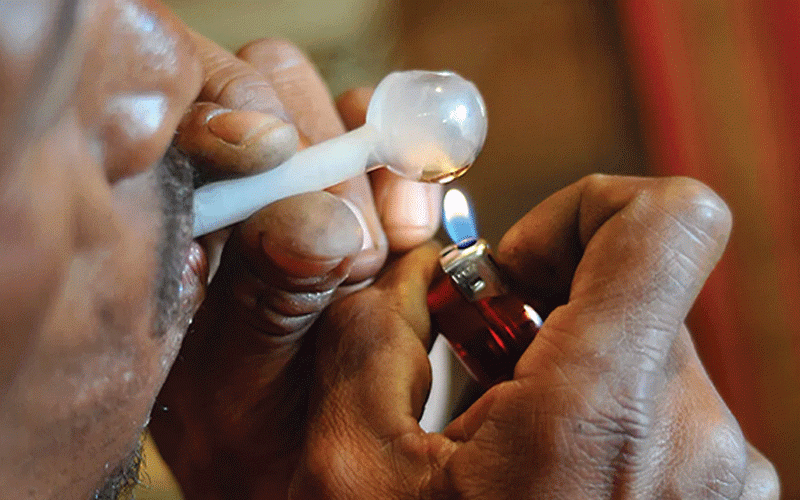
A DAMNING report tabled before the Senate has exposed the dire state of the country's drug rehabilitation centres with a severe shortage of medication and basic necessities leaving patients and staff at risk.
The report by the Thematic Committee on Sustainable Development Goals led by Chief Sansali highlighted significant disparities across the country, with Matabeleland North and South provinces lacking dedicated drug rehabilitation centres.
“The committee observed that Matabeleland North and South provinces do not have drug and rehabilitation centres,” he said.
“The quality of care and treatment is compromised due to a shortage of psychotherapeutic drugs. For instance, at the general section of Ngomahuru Hospital, the institution is not providing medication to patients leading to a situation where that section of the hospital functions more as a detention centre for individuals who struggle to co-exist with others in society.
“Unfortunately, after 4 to 8 weeks of inadequate treatment, these individuals are released back into the community. Moreover, the shortage of medication puts workers at risk, as some patients may become violent and without the necessary drugs, staff is unable to manage these situations effectively,” he said.
Chief Sansali added: “Despite Ingutsheni Hospital receiving medicines from Egypt, it still faces shortages of critical medications like Chlorpromazine and Diazepam as well as essential anti-craving and aversive-drugs necessary for effective rehabilitation.
“The committee observed that some of the institutions earmarked for conversion into rehabilitation centres such as St Luke's and Mzilikazi male circumcision centres have not yet received any communication in that regard.
“There is a general shortage of trained professionals, including counsellors, psychiatrists and social workers with expertise in addiction treatment, which limits the quality and scope of services provided.”
He said staffing levels were insufficient, with the ideal ratio of one nurse per four patients not being met.
“For example, Gwanda Provincial Hospital is struggling with a deficit of mental health personnel, currently employing only 33 out of the recommended 70 workers. Additionally, institutions like Chipadze lack social workers, an essential role in the recovery process for patients.
“Uniforms for patients, especially in psychiatric sections are often unavailable or in poor condition, with many being torn.
“There is a persistent shortage of bedding and laundry facilities often malfunction leading to the deterioration of linen.
“There is a severe shortage of beds, forcing some patients to sleep on the floor or in makeshift arrangements.”
He said hospitals such as St Luke's and Ngomahuru faced difficulties accessing adequate funds due to unclear hospital statuses.
“Ngomahuru, for instance, typically receives only 30% of its proposed budget as it is viewed as a district hospital, which is insufficient to cover even two months of operations. This limited funding often only allows for the purchase of mealie-meal for two months.”
“The Public Service, Labour and Social Welfare ministry should implement strategies to motivate nurses, particularly those serving in rural areas through the provision of monetary and non-monetary incentives to motivate and retain the nurses by March 2025.
“The Finance, Economic Development and Investment Promotion ministry must avail resources for the renovation of the proposed structure in Gwanda and for the completion of the centre at St Luke's Hospital by April 2025.
“The Health and Child Care ministry must review and consolidate the existing legislation with a view to including the more recent drugs and those with unknown compositions by June 2025.”










